Regarding snacking, the argument over what constitutes a healthy snack is frequently heated, with fans searching for the elusive balance of flavor and nutrition. Wasabi peas, a spicy and crunchy delicacy that has gained popularity for its unique flavor profile and possible health advantages, are one of the competitors in this field. However, one issue remains despite the cacophony of viewpoints: Are wasabi peas healthy? To find out, let’s take a trip around the nutritious terrain of these hot legumes.
Exploring the Nutritional Composition
Despite their small size, Wasabi peas pack a punch in terms of nutritional content. A serving typically contains around 130 calories, making it a relatively moderate snack. However, it’s essential to delve deeper into their macronutrient profile to understand their health implications comprehensively.
- Protein and Fiber: Wasabi peas are notable for their protein and fiber content. With approximately 2.5 grams of protein and 4 grams of fiber per ounce1, these snacks offer a satisfying crunch to help stave off hunger between meals.
- Fat Content: Concerns may arise regarding their fat content, around 4 grams per ounce. While this is a modest amount, it’s crucial to opt for moderation, especially for those closely monitoring their fat intake.
Nutritional Value Beyond the Numbers
Beyond mere macronutrient quantities, wasabi peas boast a rich array of vitamins and minerals, elevating their nutritional profile to more than just a crunchy snack:
- Vitamins and Minerals: These spicy legumes are a source of essential nutrients such as vitamin C, potassium, magnesium, and zinc. Vitamin C, renowned for its immune-boosting properties, is particularly abundant in wasabi peas, contributing to overall health and well-being2.
- Brain Health: Recent studies have suggested potential cognitive benefits of wasabi consumption3. Research published in the journal Nutrients indicates that compounds found in wasabi may have memory-boosting properties, offering tantalizing prospects for brain health enthusiasts.
Dispelling Misconceptions
Despite their nutritional bounty, misconceptions about wasabi peas abound. Let’s address some common queries:
Are Wasabi Peas Junk Food?
Far from being categorized as junk food, wasabi peas can be considered a reasonably healthy snack due to their protein, fiber, vitamin, and mineral content. However, as with any snack, moderation is key.
Are Wasabi Peas Healthier Than Chips?
Comparing wasabi peas to traditional chips reveals a marked difference in nutritional value. While both offer a satisfying crunch, wasabi peas provide a more comprehensive array of vitamins and minerals, making them a preferable option for health-conscious snackers.
Snacking Smart: Tips for Enjoying Wasabi Peas
To maximize the health benefits of wasabi peas while indulging in their spicy allure, consider the following tips:
- Portion Control: Enjoy wasabi peas in moderation to avoid excessive calorie intake.
- Pairing: Combine wasabi peas with nutritious snacks such as raw vegetables or whole-grain crackers for a balanced snack.
- Hydration: Due to their sodium content, drink plenty of water when enjoying wasabi peas to maintain optimal hydration.
Final Thoughts
In conclusion, wasabi peas are healthy, provided they are consumed as part of a balanced diet. With their protein, fiber, vitamins, and minerals, these spicy legumes offer a flavorful and nutritious snack that can satisfy cravings while supporting overall health and well-being. So indulge in the fiery goodness of wasabi peas, knowing you’re nourishing both body and soul with each crunchy bite.
References
- FoodData Central.” 2024. Usda.gov. 2024. https://fdc.nal.usda.gov/fdc-app.html#/food-details/173157/nutrients.
↩︎ - Nouchi, R., S. Kawata, N. Y., Saito, T., Nouchi, H., & Kawashima, R. (2023). Benefits of Wasabi Supplements with 6-MSITC (6-Methylsulfinyl Hexyl Isothiocyanate) on Memory Functioning in Healthy Adults Aged 60 Years and Older: Evidence from a Double-Blinded Randomized Controlled Trial. Nutrients, 15(21). https://doi.org/10.3390/nu15214608 ↩︎
- 6 Wonderful Benefits of Wasabi | Organic Facts.” 2013. Organic Facts. May 7, 2013. https://www.organicfacts.net/health-benefits/vegetable/health-benefits-of-wasabi.html. ↩︎
Was this helpful?

Joseph Emb, RDN
Founder of StyleVitally.com | Registered Dietitian & Wellness Advocate
What I Cover:
I’m passionate about connecting nutrition science and everyday wellness to help people live healthier, more vibrant lives. I write about evidence-based nutrition, mindful eating, sustainable lifestyles, and holistic well-being at StyleVitally.com.
My Background:
The University of Texas in Austin, where I earned my Dietetics diploma, laid the groundwork for my nutrition and health career. My training and hands-on experience taught me the science and art of using nutrition to enhance health and well-being.
Professional Journey:
I’m an RDN with lots of experience. I’ve helped people seeking tailored nutritional recommendations in clinical settings and community outreach programs. My constant learning and professional development ensure that my recommendations are always based on the latest evidence.
Ethical Commitment:
My practice prioritizes integrity. My content is transparent and objective, following the most significant ethical standards. I can give my audience unbiased advice because I’m not affiliated with food businesses or industry associations. I want to help people make informed health decisions that match their values and ambitions.
Join Me on the Wellness Journey:
Join me on the path to vitality and well-being, whether facing nutritional issues, seeking sustainable lifestyle changes, or simply wanting a better, happier you. We’ll discover how diet, mindfulness, and holistic well-being can maximize your potential.


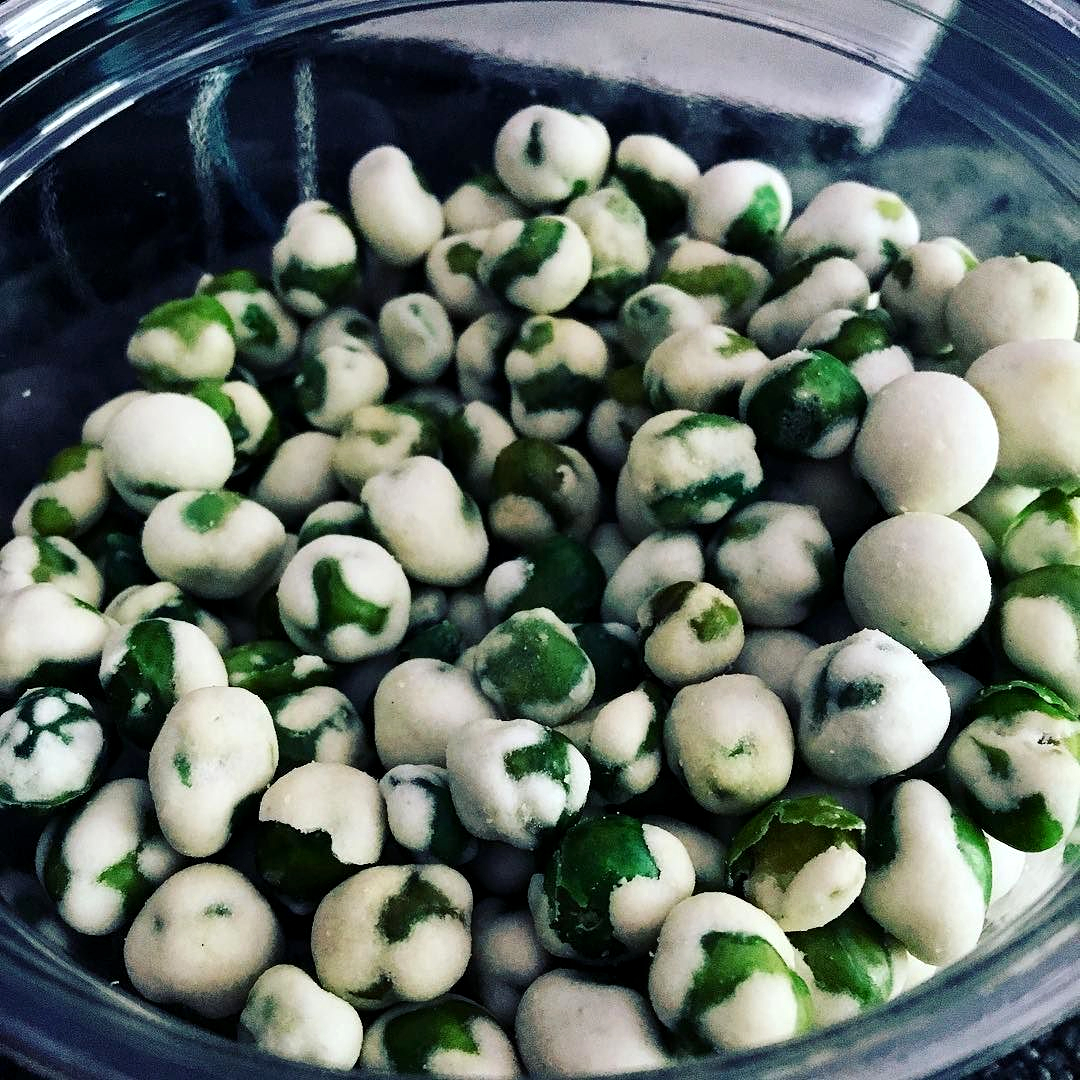

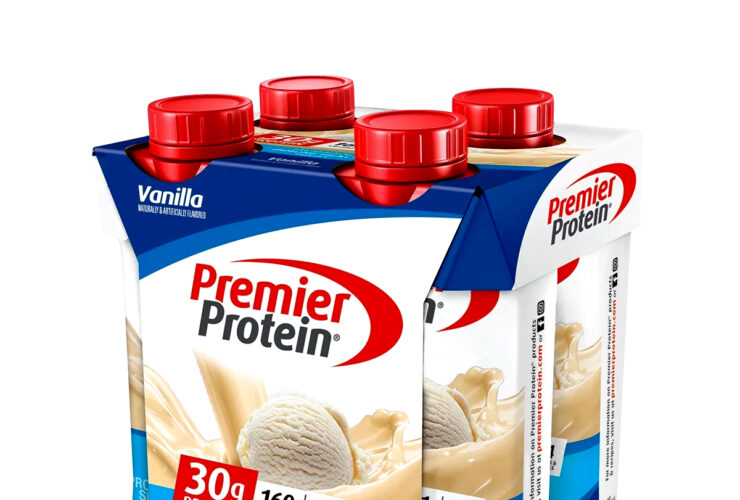

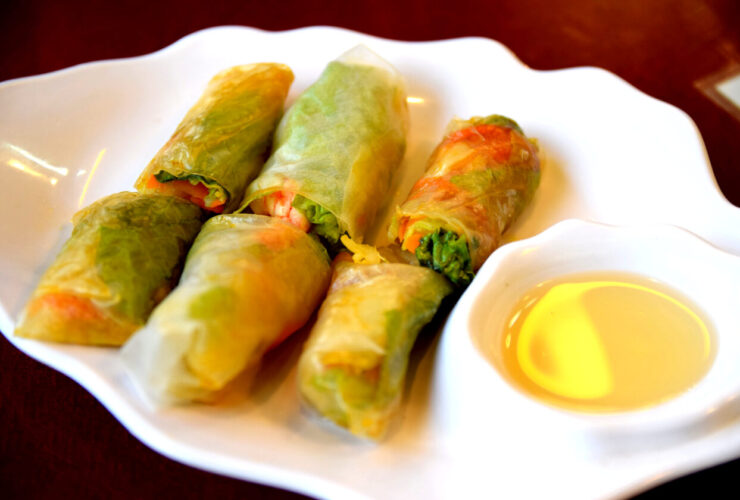
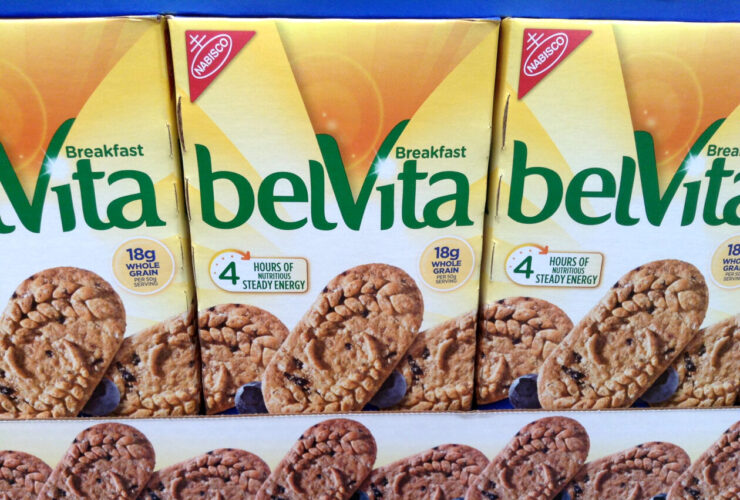
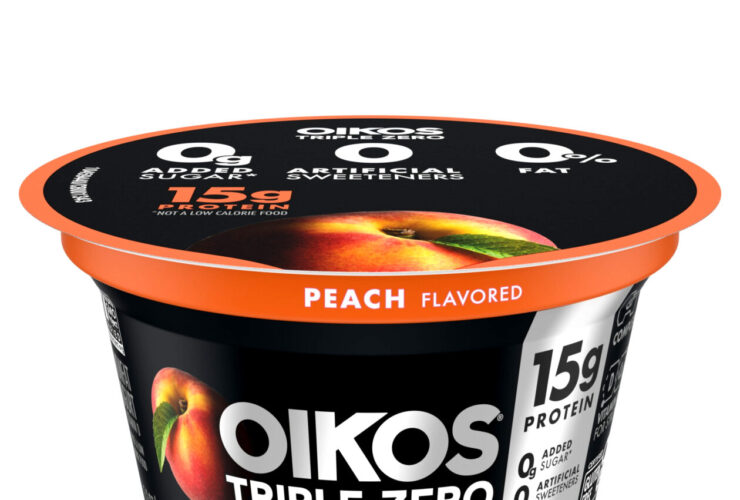

Leave a Reply
View Comments